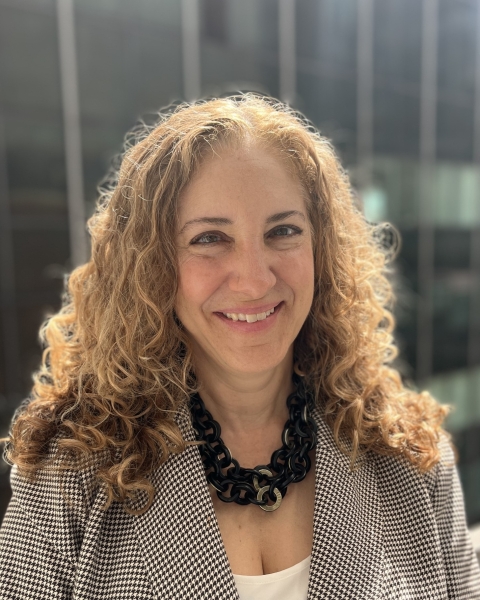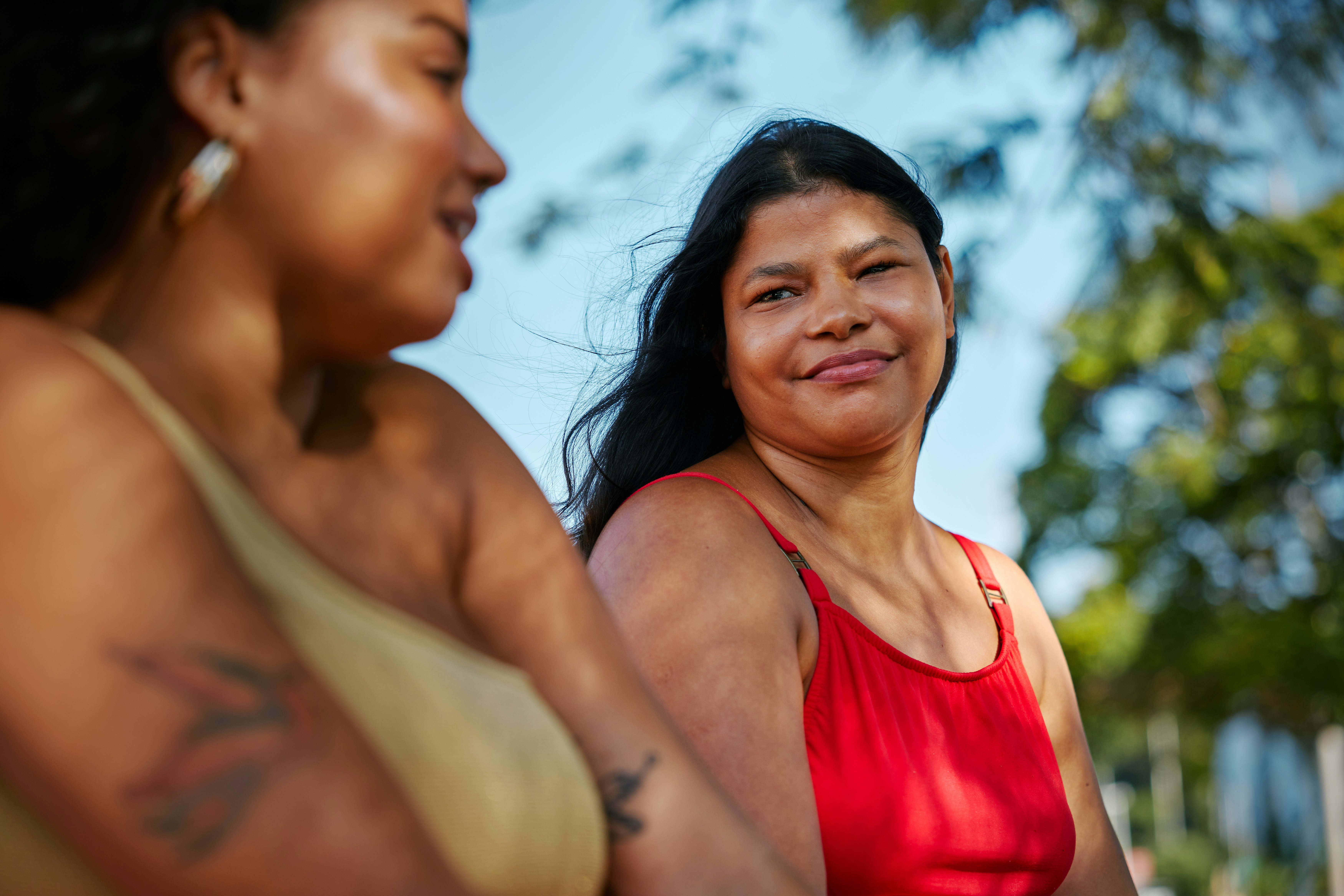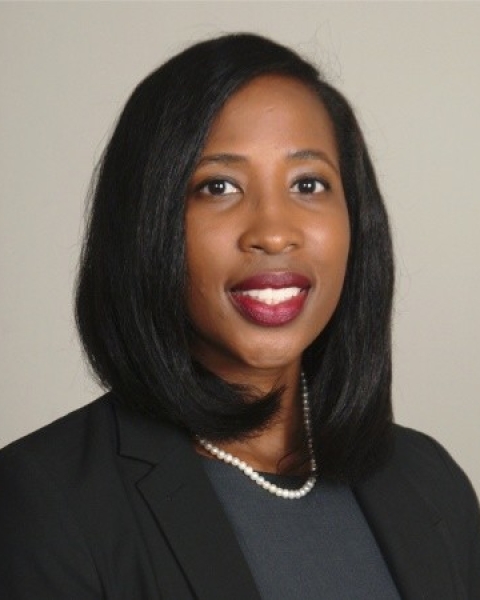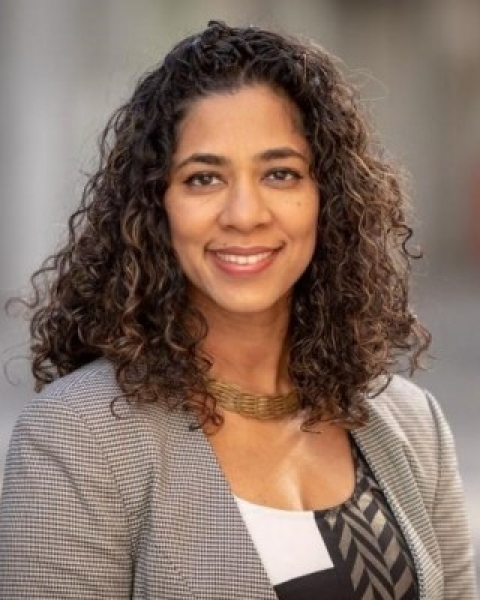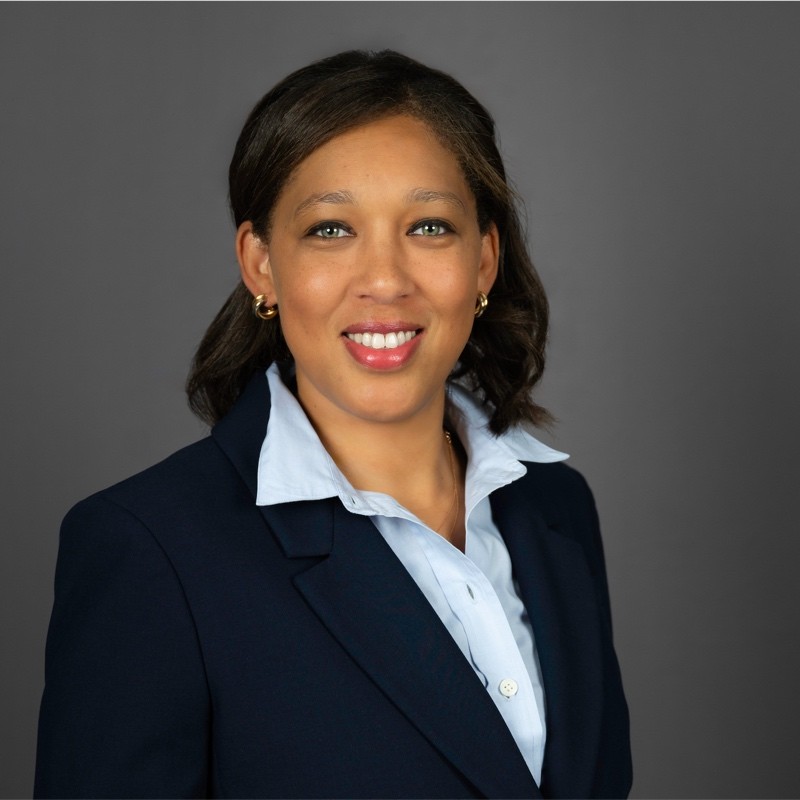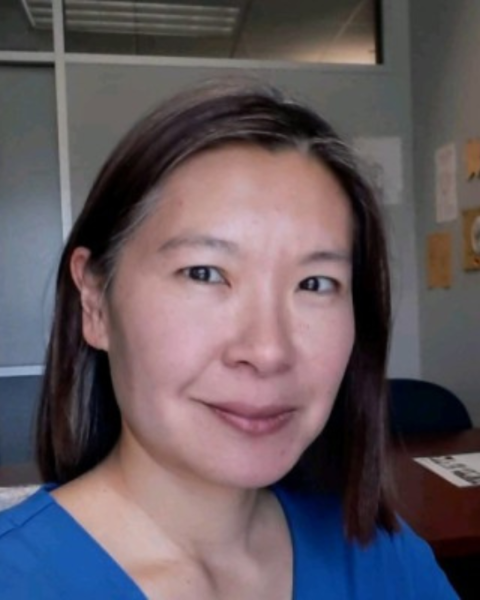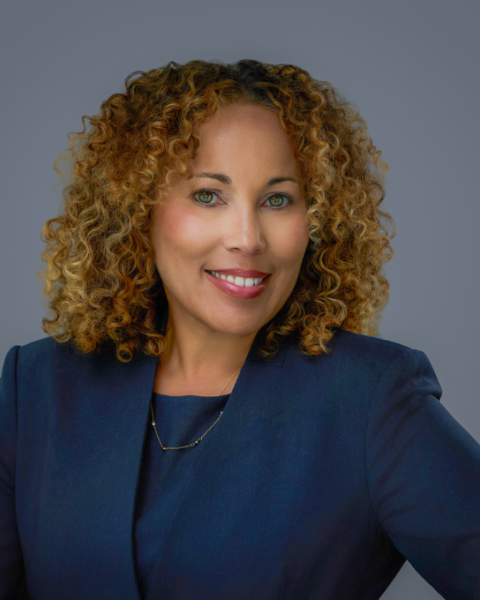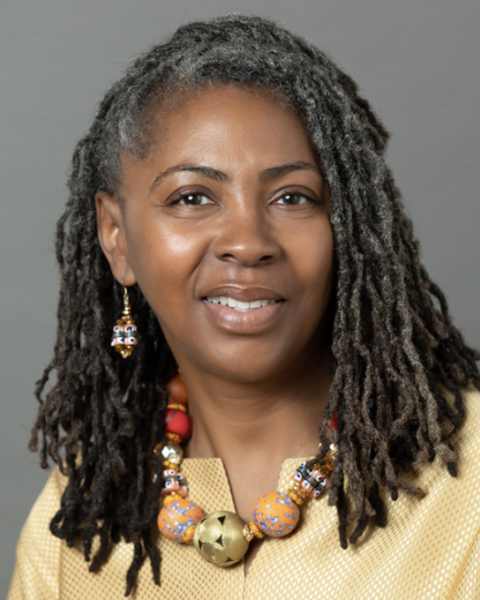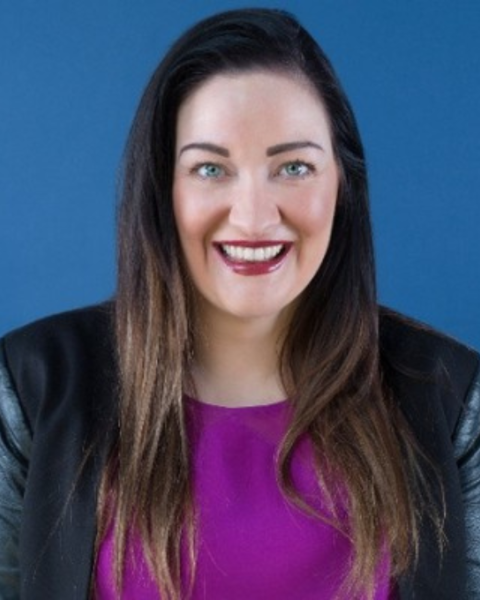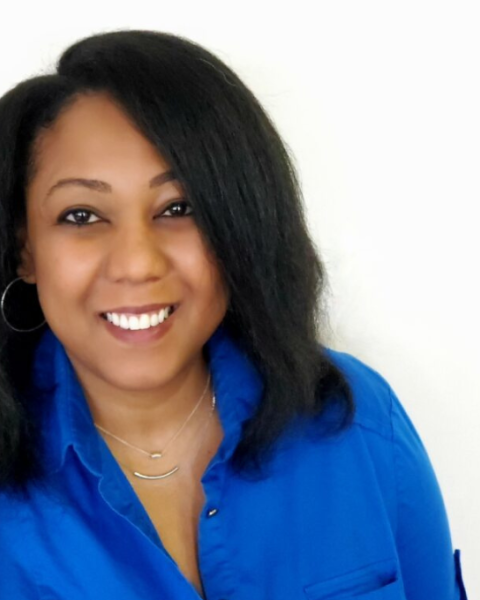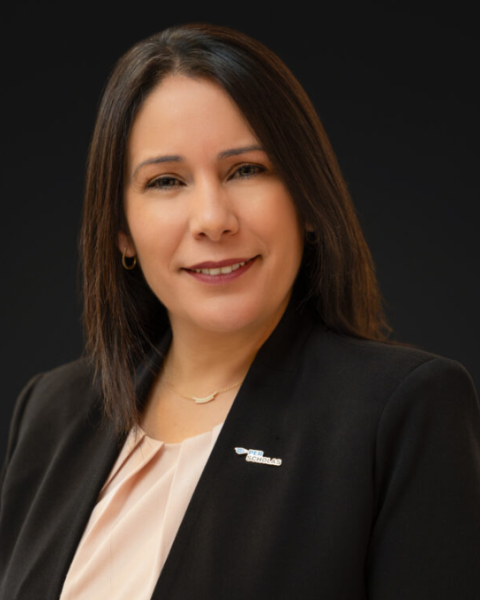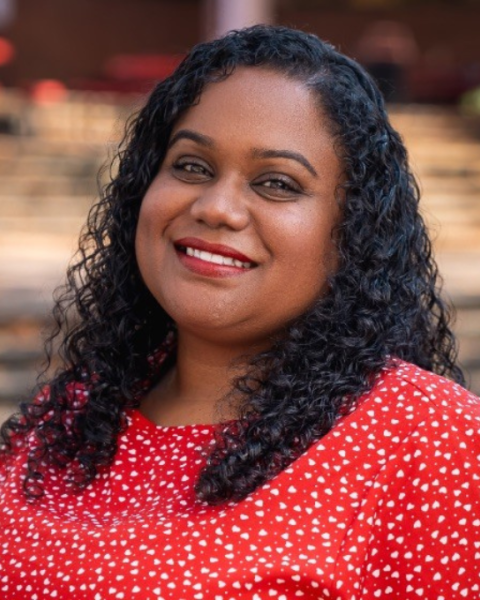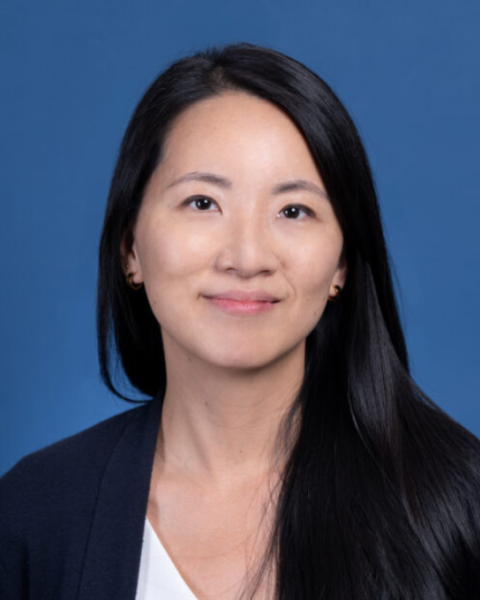우리의 이야기
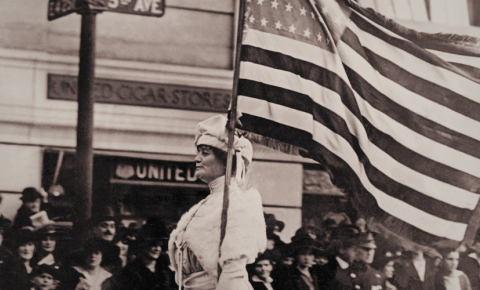
1915: WCC 창립
8월 3일, 뉴욕 트리뷴은 다음과 같이 보도했습니다: "7명의 공공의식을 가진 여성들이 조직위원회를 구성하기 위해 100명의 뉴욕 대표 여성들을 초청해 발기인 위원회를 구성했습니다."
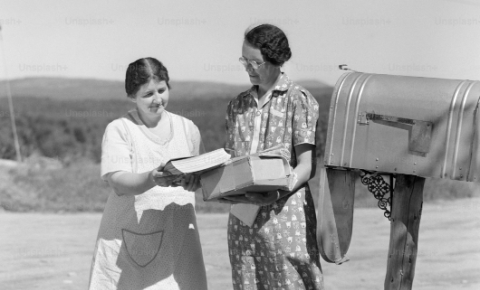
1915: 교육 및 시민 행동
1915년 WCC 창립 멤버인 프랜시스 퍼킨스는 여성과 성 평등에 관심이 많은 뉴욕 시민을 위한 시민 교육과 권력 신장의 토대를 마련하는 데 기여했습니다.
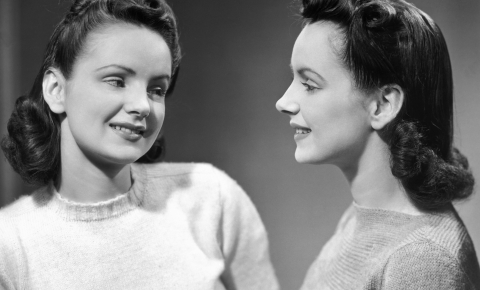
1916: 첫 공식 회의
WCC가 설립되어 100명으로 구성된 조직위원회를 구성하고 1916년 1월 31일 첫 공식 회의를 개최합니다.
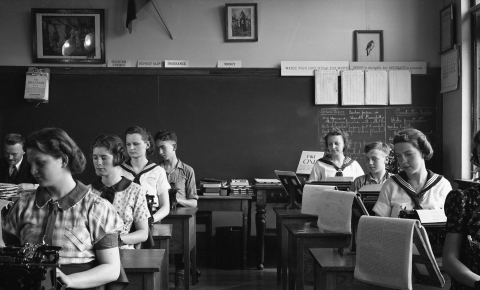
1917: 교육
WCC는 여성의 컬럼비아 로스쿨 입학을 지원하기 위한 노력을 주도합니다.
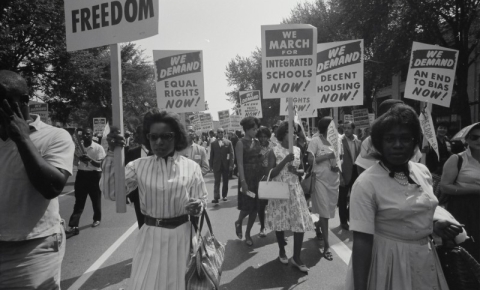
1917: 교육 및 투표권
캐리 채프먼 캣의 지도 아래 WCC는 뉴욕주에서 여성의 투표권을 확보하는 데 기여했습니다. 이는 전국적인 참정권 운동에서 중추적인 승리였습니다.
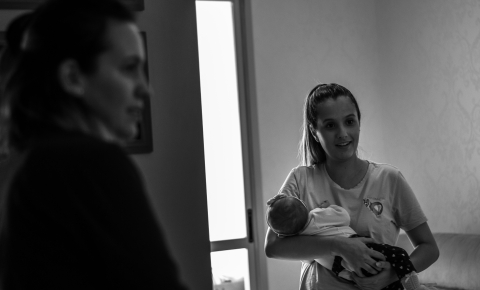
1918: 열과 생식 정의
미국 최초의 산부인과 센터를 개원하여 뉴욕시에서 산모 건강과 생식 정의의 발전을 위한 110년 전통을 이어가고 있습니다.
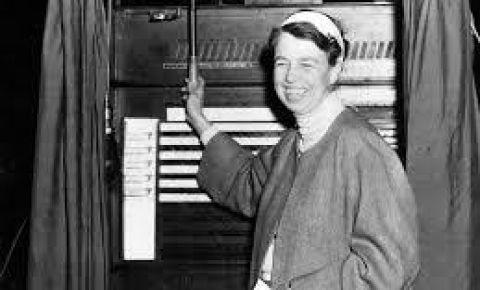
1923: 교육 및 정책
엘리너 루스벨트와 마가렛 우드로 윌슨이 WCC에 합류하여 포용적인 도시 정책을 형성하는 선구적인 여성들의 본거지로서 우리의 유산을 강화했습니다.
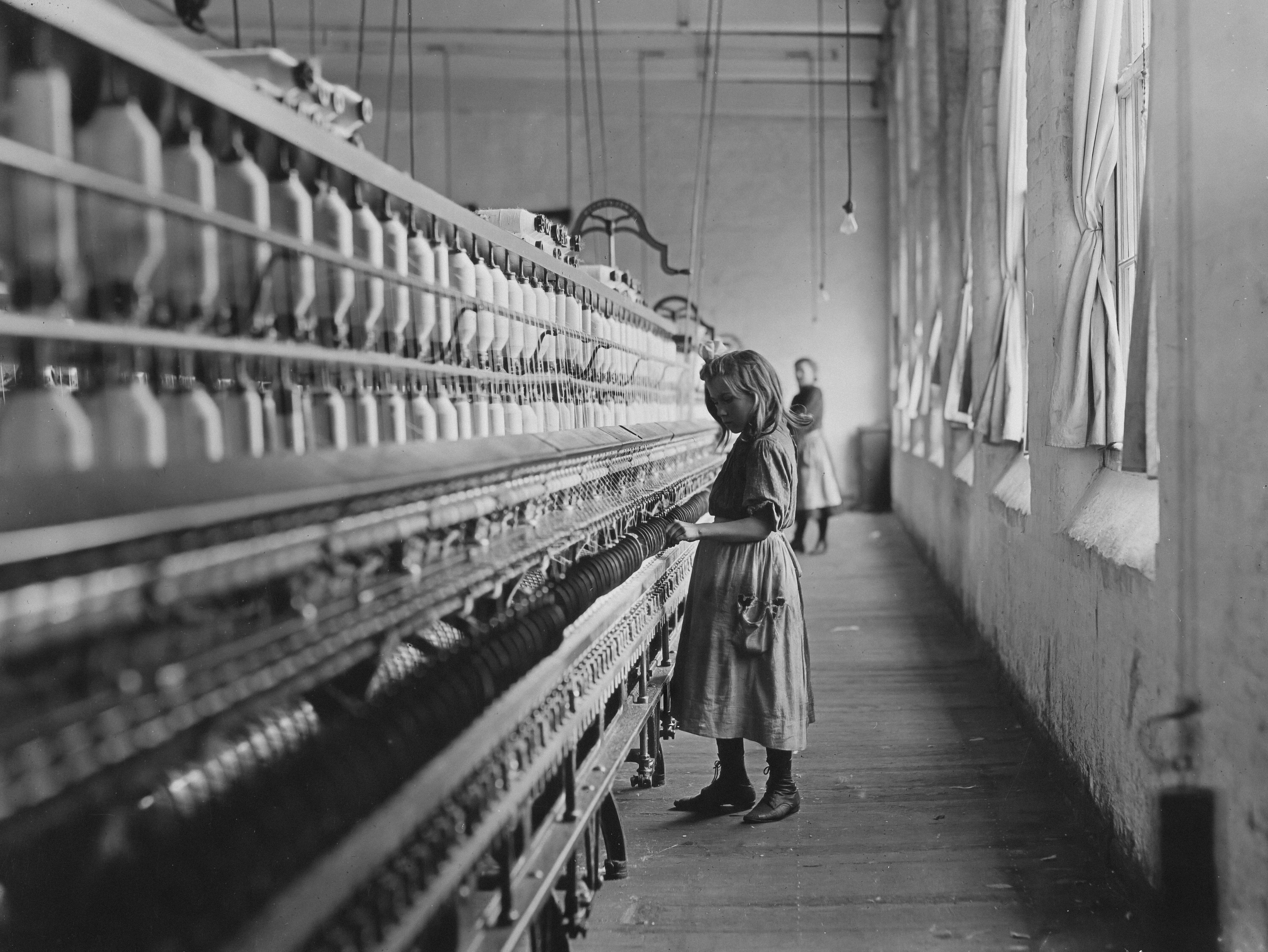
1924: 경제 정의
WCC는 획기적인 아동 노동법 초안을 작성하여 통과시켰고, 주 전역에 걸쳐 주 48시간 근무를 위한 운동을 전개하여 여성의 권익 옹호를 지속적인 시민권 개혁으로 전환했습니다.
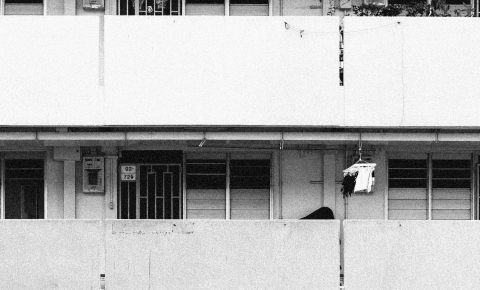
1930: 경제 정의
WCC는 더 나은 공공 주택과 더 많은 여성의 관리직 진출을 옹호하여 뉴욕시 가족을 위한 권력과 형평성을 증진했습니다.
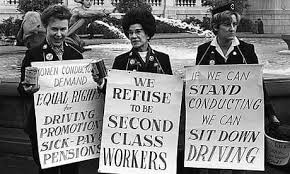
1944: 경제 정의
WCC는 동일 노동 동일 임금을 의무화하는 법안을 지지하고, 산업 현장에서의 미성년자 고용을 반대하며, 뉴욕주 노동부 여성국 및 최저임금국 폐지에 반대했습니다.
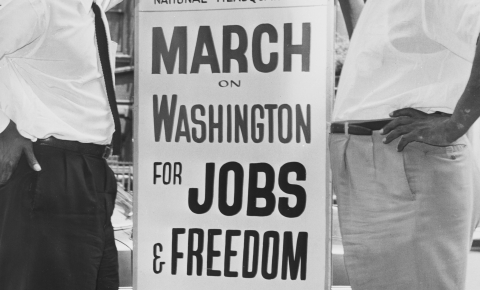
1960: 경제 정의
WCC는 워싱턴 DC에서 열린 자유와 일자리를 위한 행진에 참여했습니다.
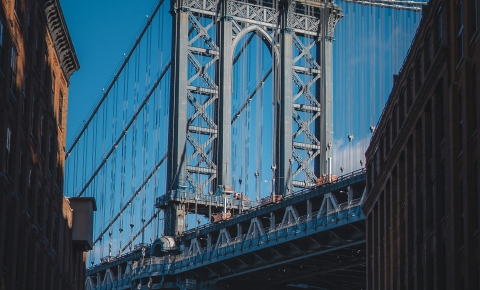
1964: 환경 정의
WCC, 브루클린 브리지 도시 재개발 계획 지지, 저소득층 주택 공급량과 시의 지하철 시스템 확충 계획 비판
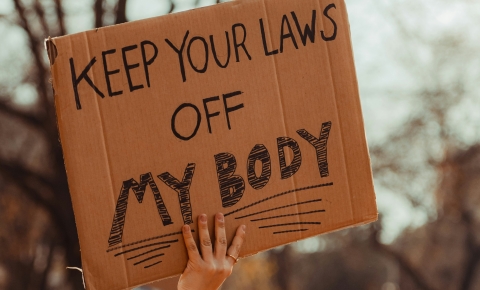
1969: 건강 및 생식 정의
WCC는 낙태죄를 전면 폐지하는 법안을 지지합니다.
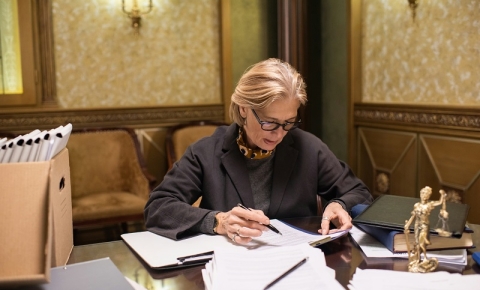
1975: 경제 정의
WCC의 지지를 받은 아베 비메 시장은 30명으로 구성된 여성지위위원회를 만들고 에디트 퍼스트 WCC 총무를 초대 위원장으로 임명합니다.
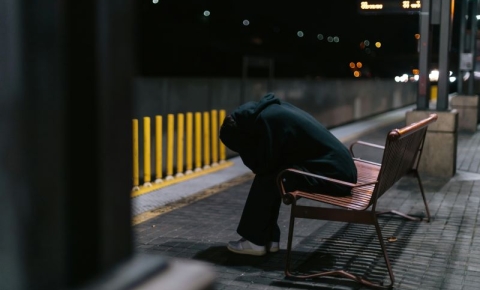
1988: 경제 정의
WCC는 여성 노숙자 문제를 해결하기 위해 여성 노숙자 연합을 조직하여 오늘날 지속적인 변화를 이끌고 있습니다.
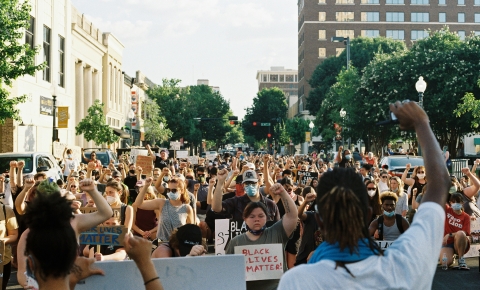
1990: 안전
WCC는 아니타 힐과 함께 획기적인 성희롱 컨퍼런스를 공동 주최하여 중추적인 운동을 촉발시켰습니다.

1999: 안전
WCC는 경찰의 폭력에 항의하고 경찰과 지역사회 간의 관계 개선을 촉구하는 뉴욕타임스 광고에 공동 서명합니다.
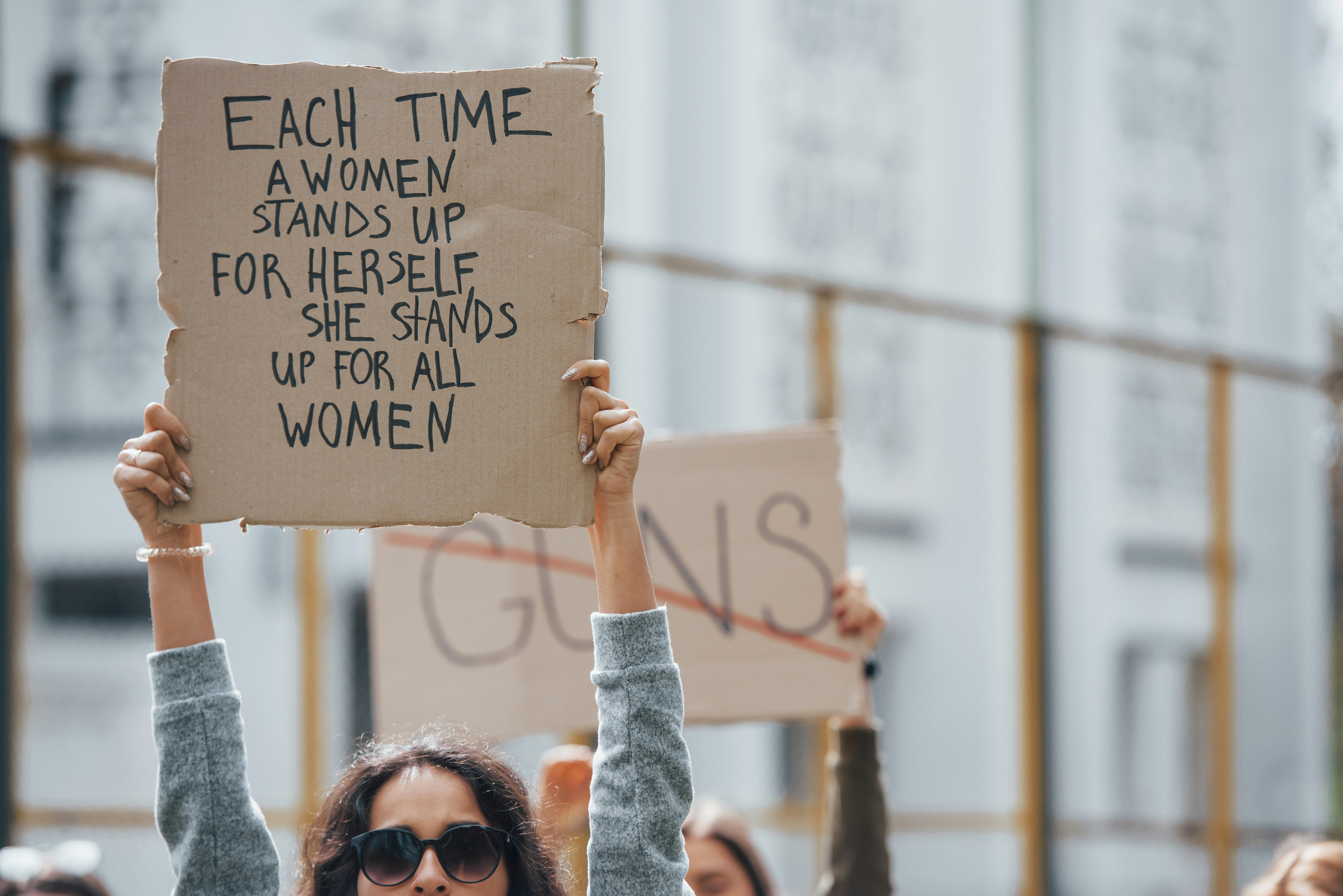
2006: 건강 및 재생산 정의
WCC는 행동 건강 보장을 개선하고 강간 사건의 공소시효를 연장하여 생존자에 대한 지원과 정의를 강화하기 위한 정책을 발전시켰습니다.
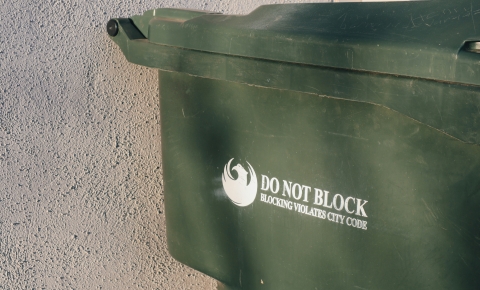
2010: 2010년: 환경 정의
깨끗한 환경과 형평성을 위해 싸우는 Women Creating Change는 2010년 뉴욕시의 상수도를 위협하는 시추에 반대하고 공중 보건을 보호하기 위해 재활용 가능한 테이크아웃 용기 및 스티로폼 사용 금지를 추진했습니다.
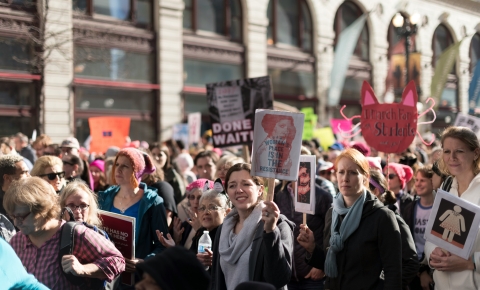
2017: 2017년: 성 평등
WCC는 평등과 시민권을 지지하고 모두를 위한 경제, 젠더, 인종 정의를 옹호하기 위해 뉴욕시에서 열린 대규모 여성 행진에 참여합니다.

2017: 2017년: 경제 정의
WCC, 알바니에서 열린 뉴욕 건강 캠페인 집회 및 로비 데이에 참여하여 보편적 단일 지불 의료 법안을 지지합니다.
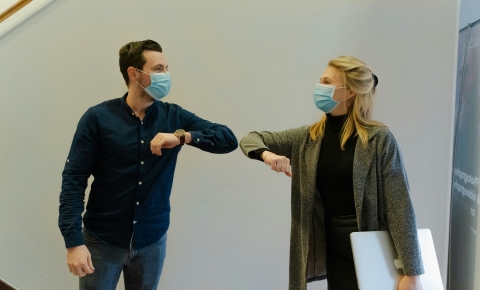
2020: 교육
뉴욕시가 봉쇄령에 들어감에 따라 변화를 만드는 여성들은 신속하게 온라인으로 전환하여 실업과 간병 등 여성의 팬데믹 도전과제를 조명하기 위해 재클린 M. 이뱅크스와 함께 첫 번째 가상 테이블 토크를 진행했습니다.
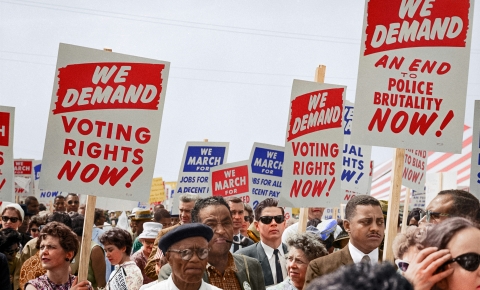
2020: 교육 및 투표권
변화를 만드는 여성들은 뉴욕시에서 30일 이상 거주한 영주권자 및 합법적 근로자의 투표권 확보를 위해 우리 도시 우리 투표 연합에 가입했습니다.
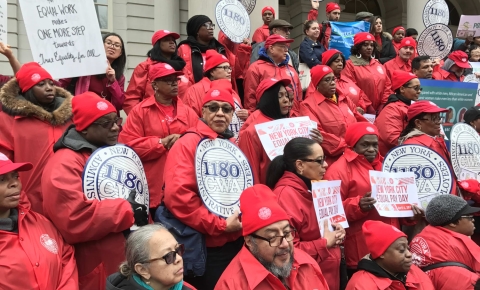
2023: 경제 정의
평등 임금법이 제정된 지 60년이 지난 지금, 변화를 만드는 여성과 더 뉴 스쿨은 신도시 여성 성별 임금 격차 현황 보고서를 발표하여 임금 형평성이 정체된 이유를 밝히고 격차 해소를 위한 긴급 조치를 촉구했습니다.

2024: 경제 및 재생산 정의
WCC는 뉴욕시 문제 센터와 함께 불평등한 땅 보고서를 발표하고 뉴욕 리버티와 협력하여 시민 행동을 독려하고 재생산 정의를 증진하기 위해 노력하고 있습니다.

2024: 교육
WCC는 시민 리더십 교육 코호트에 대한 대학 정착과 협력합니다.

2025: 뉴욕 여성 컨퍼런스 현황
WCC는 커뮤니티 파트너, 기금 제공자, 선출직 공무원, 교육 기관, 노조, 민간 부문 및 풀뿌리 리더들이 한자리에 모여 전략을 공유하고, 시민 참여를 심화하며, 형평성을 증진하기 위해 시민회관에서 제1회 뉴욕주 여성 컨퍼런스를 개최합니다.



